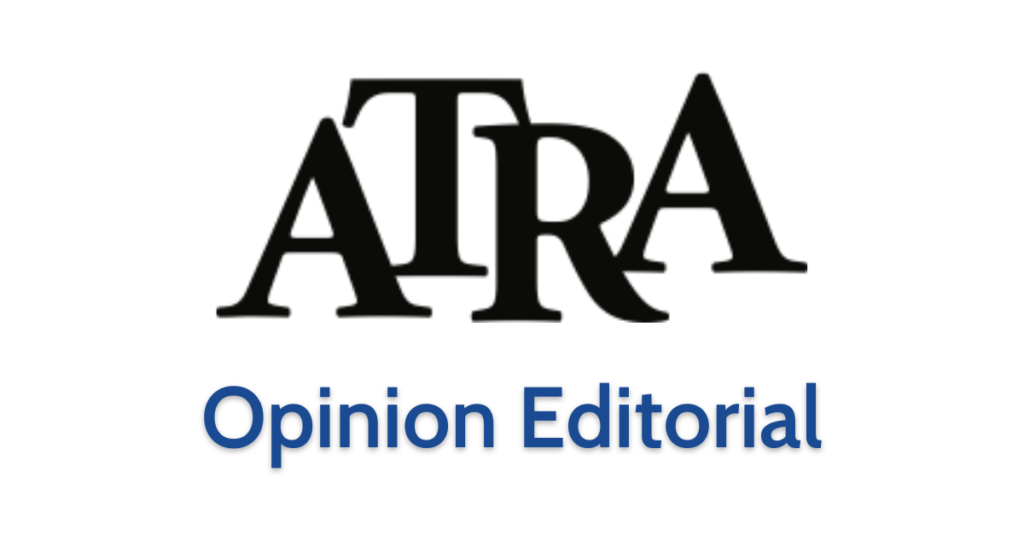
Florida’s Legislators Should Prioritize Transparency
This op-ed was originally published by InsideSources. After a much-anticipated election and a successful special session that took steps to address Florida’s property insurance crisis, the state’s new legislative leaders […]
This op-ed was originally published by InsideSources.
After a much-anticipated election and a successful special session that took steps to address Florida’s property insurance crisis, the state’s new legislative leaders are poised to take more steps to address the lawsuit abuse driving up the cost of litigation and driving businesses and insurers out of the state.
Lawsuit abuse wipes out billions of dollars in economic activity annually. Florida residents pay an annual “tort tax” of $812.52 per person. At the same time, more than 173,000 jobs are lost yearly due to abuses of the civil justice system.
If Florida enacted specific reforms targeting lawsuit abuse, the state would increase its gross product by more than $17.66 billion.
One of the most egregious and costly issues contributing to growing litigation costs in Florida is inflated “phantom damages” — the cost of medical services.
Past attempts to enact legislation to create transparency in damages failed under previous legislative leaders, but 2023 should bring new leadership and strong support from the governor to prioritize legal reform efforts.
During trials, Florida jurors only hear evidence of the initially invoiced amount of medical expenses — a “sticker price” that’s often three or more times the amount ultimately accepted by the healthcare provider. After a verdict, judges must adjust the award to reflect the actual medical expenses paid and accepted. However, Florida’s lawyers often use “letters of protection” to avoid this set-off. By avoiding submission of treatment invoices for payment until after the trial, there is no amount paid for a judge to set off the award.
Letters of protection are agreements between a patient, their lawyer and a healthcare provider. The provider agrees not to collect fees for treatment through the patient’s insurance coverage but instead to wait to collect out of an expected settlement or judgment. These can serve a legitimate purpose for uninsured patients unable to pay medical expenses. However, some Florida lawyers recommend their clients avoid using insurance to cover medical expenses but instead rely on a letter of protection.
In a prime example of the inflationary effect this has on litigation, one Florida plaintiff slipped and fell in a grocery store, injuring both knees, which required identical surgeries. For the first knee surgery, the plaintiff used health insurance and was billed $19,000 by the doctor, but the total amount accepted as full payment was $3,400. However, the second knee surgery was performed under a letter of protection, resulting in $59,000 billed and owed to the surgery center.
These inflated amounts become driving factors for settlements or damage awards in personal-injury cases when juries are asked to award a verdict of three to four times the amount of the inflated medical bills.
The use of inflated billed amounts only increases the overall cost of the civil justice system, spreading the financial burden on the backs of Floridians.
After years of being included on the American Tort Reform Foundation’s list of Judicial Hellholes, the Florida legislature remains on the most recent report’s “Watch List.” Addressing transparency in damages reform would go a long way toward removing the state from the report.
As new leaders take the reins of the statehouse, they must work to combat lawsuit abuse for all Floridians.
Latest News
View all news
‘Highly Unusual’ Rehearing of Louisiana Case Raises Judicial Independence Concerns
Louisiana Supreme Court Waffles Under Political Pressure, ATRA Brief Urges Court to Stand Strong
America’s Top 9 Worst Judicial Hellholes®
Left unchecked, these jurisdictions will continue dragging down economic growth and undermining justice through rampant lawsuit abuse.
ATRA Commends J&J’s Plan to Resolve Notorious Talc Lawsuits
Claimants Given Opportunity to Vote on Plan; Judge to Reconsider Scientific Validity of Plaintiffs’ Experts
The Lab Whose Junk Science Is Fueling a Frenzy of Litigation
Legitimate consumer protection demands sound science and impartial analysis — not distorted data designed to manufacture lawsuits.
Lawsuit Advertising Frenzy Fuels Georgia’s Litigation Epidemic
Law Firms Spent $168M+ on 2.2M Ads in Georgia
Trial Lawyers’ Dual Grip on Pennsylvania Politics and Public Opinion Revealed in New ATRA Reports
ATRA’s Latest Studies Reveal Financial Influence and Lack of Transparency in Pennsylvania’s Campaign Finance Systems



